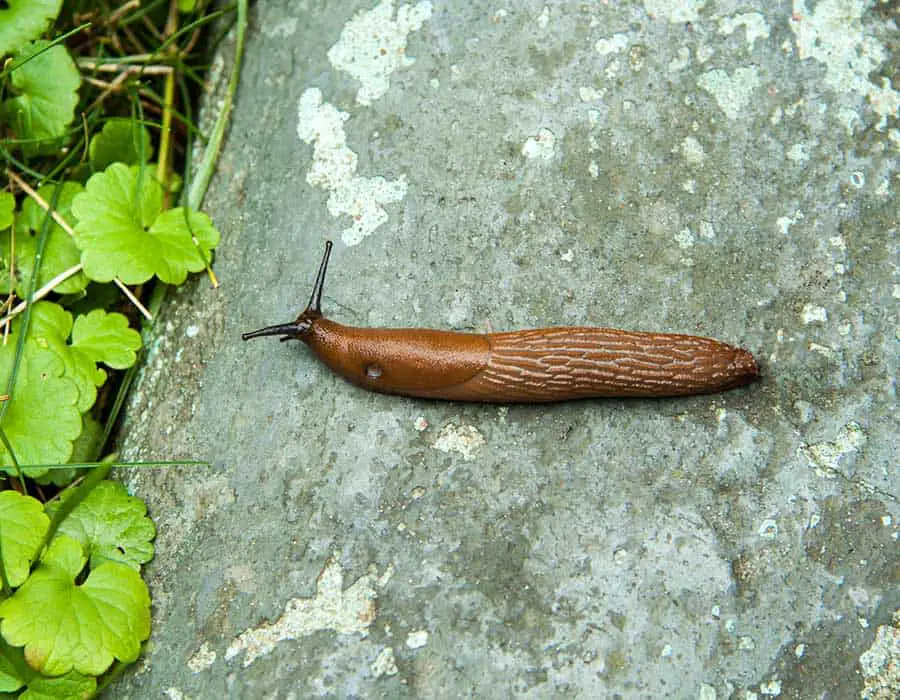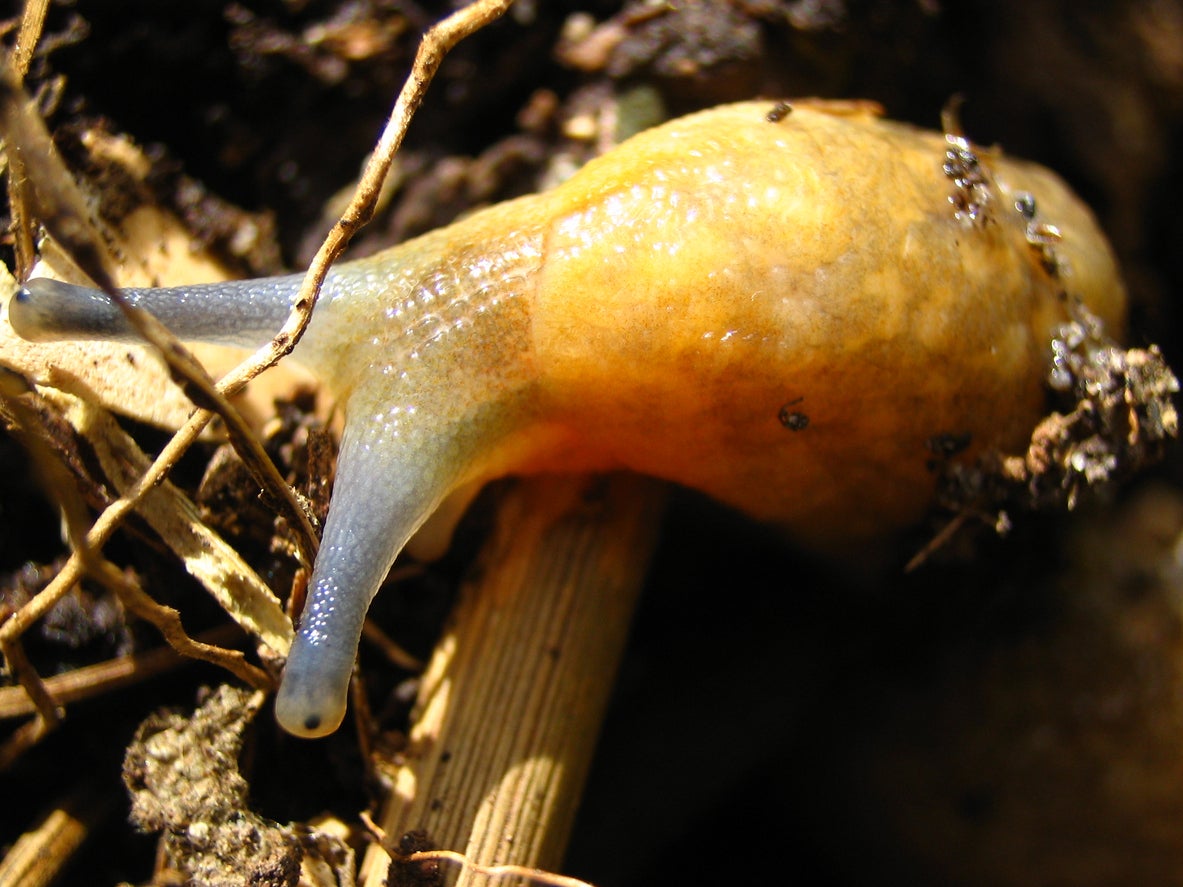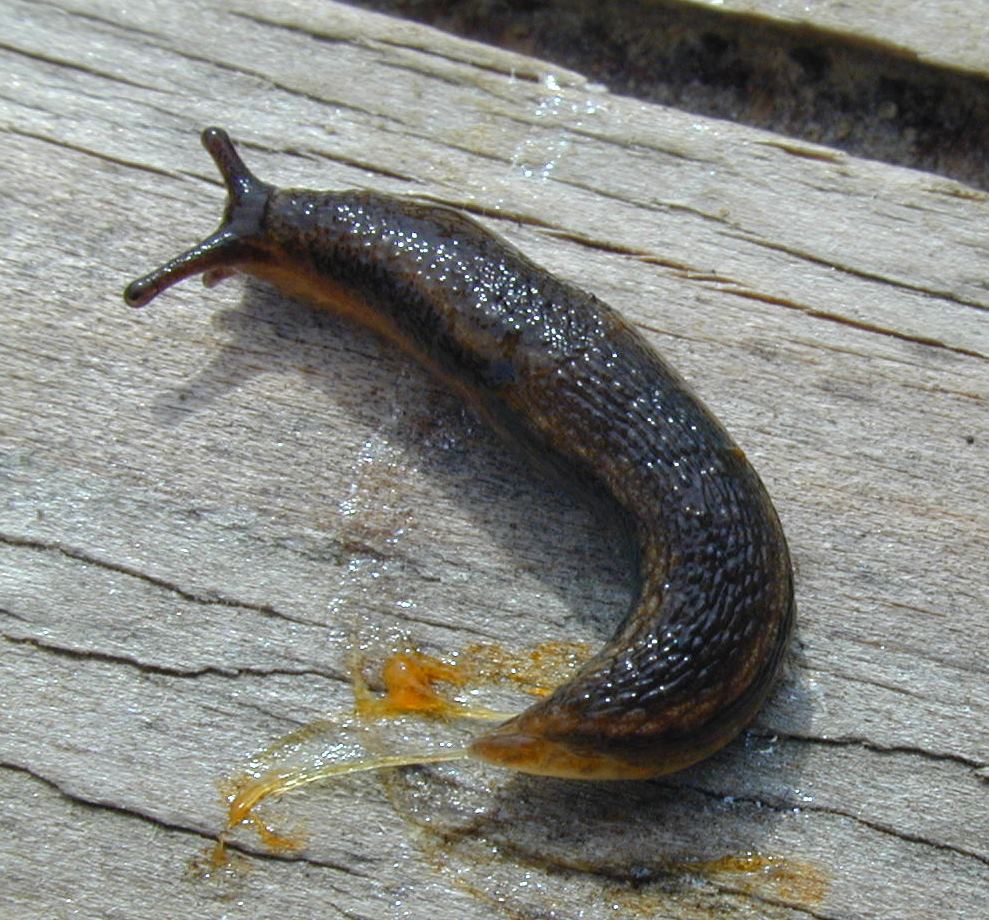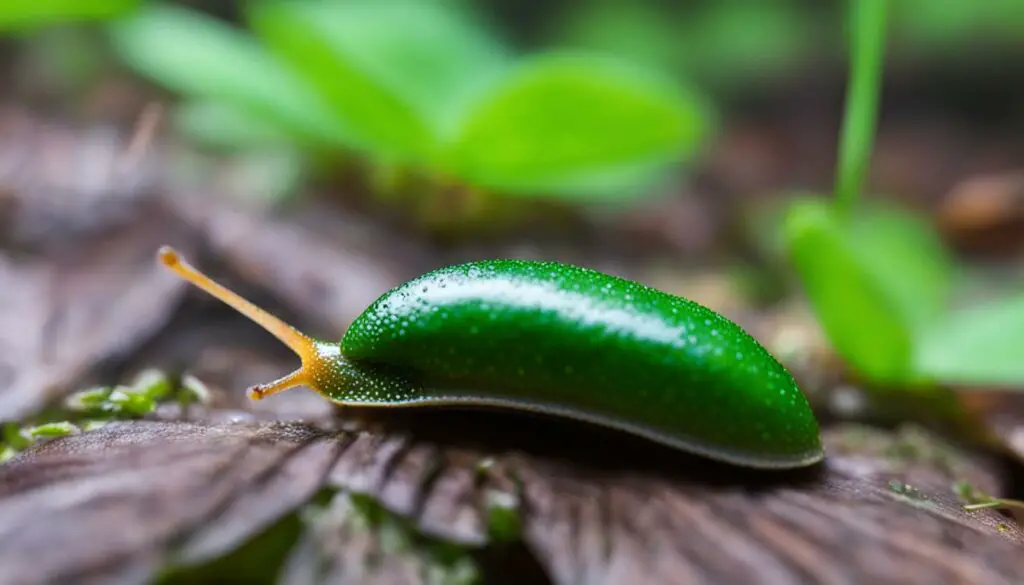Why Slugs are More than Just Pests
Slugs are often viewed as pests, but they play a vital role in the ecosystem. These slimy creatures are frequently misunderstood, and their importance is overlooked. However, slugs are more than just garden pests; they are a crucial part of the environment. One of the key benefits of slugs is their ability to decompose organic matter. They break down plant material, recycling nutrients and creating a nutrient-rich soil that benefits other plants. This process is essential for maintaining healthy soil and promoting plant growth.
In addition to their role in decomposition, slugs are also an important food source for other animals. Many species, including birds, hedgehogs, and toads, rely on slugs as a primary food source. By controlling slug populations, these animals help maintain a balance in the ecosystem. Furthermore, slugs are an indicator species, and changes in their populations can signal broader environmental issues. For example, a decline in slug populations can indicate soil pollution or habitat destruction.
So, what are slugs good for? They are not just pests; they are a vital component of the ecosystem. By understanding the importance of slugs, we can appreciate their role in maintaining a healthy environment. Whether it’s their ability to decompose organic matter or serve as a food source for other animals, slugs are a valuable part of the ecosystem. As we explore the benefits of slugs, we can begin to see them in a new light and appreciate their importance in our gardens and ecosystems.
How to Harness the Power of Slugs for Composting
Slugs can be a valuable addition to your composting efforts, helping to break down organic matter and create a nutrient-rich soil amendment. To harness the power of slugs for composting, it’s essential to create a slug-friendly environment. This can be achieved by providing a moist, humid space with plenty of hiding places and a diverse range of organic materials to feed on.
One way to create a slug-friendly composting environment is to set up a worm composter or vermicomposting bin. These bins are designed to mimic the natural habitat of slugs and worms, providing a dark, moist space with plenty of organic matter to feed on. By adding slugs to your worm composter, you can create a thriving ecosystem that breaks down organic waste quickly and efficiently.
Another way to harness the power of slugs for composting is to use their castings as a natural fertilizer. Slug castings are rich in nutrients and can be used to fertilize plants, improve soil structure, and support healthy microbial activity. To collect slug castings, simply place a tray or container under your slug composter or worm bin and collect the castings as they accumulate.
By incorporating slugs into your composting efforts, you can create a more efficient and effective composting system. Slugs can help break down organic matter quickly, reducing the need for manual turning and aerating. They can also help to create a more diverse and resilient compost ecosystem, supporting a wider range of microorganisms and improving overall soil health.
The Nutritional Value of Slugs: A Surprising Source of Protein
Slugs are often overlooked as a potential food source, but they are surprisingly nutritious. These slimy creatures are rich in protein, making them an attractive option for those looking for a sustainable and environmentally-friendly source of protein. In fact, slugs contain up to 60% protein by dry weight, making them one of the highest protein-containing invertebrates on the planet.
Slugs are also low in fat and calories, making them an excellent option for those looking to manage their weight or reduce their environmental impact. Additionally, slugs are rich in micronutrients such as iron, calcium, and potassium, making them a nutritious addition to a balanced diet.
While the idea of eating slugs may seem unappetizing to some, many cultures around the world have been consuming slugs for centuries. In France, for example, slugs are considered a delicacy and are often served as an appetizer or main course. In some African countries, slugs are a common ingredient in traditional dishes and are prized for their nutritional value.
So, what are slugs good for? In addition to their role in the ecosystem, slugs are also a valuable source of protein and nutrients. By incorporating slugs into our diets, we can reduce our reliance on resource-intensive livestock and promote a more sustainable food system. Whether you’re a seasoned foodie or just looking for a new source of protein, slugs are definitely worth considering.
Slugs as Indicators of Environmental Health
Slugs are often overlooked as indicators of environmental health, but they can provide valuable insights into the state of our ecosystem. These slimy creatures are sensitive to pollution and climate change, making them an excellent indicator species. By monitoring slug populations, we can gauge the overall health of our environment and identify potential issues before they become major problems.
One of the key ways that slugs indicate environmental health is through their sensitivity to pollution. Slugs are particularly vulnerable to pesticides, heavy metals, and other pollutants, which can have a devastating impact on their populations. By monitoring slug populations in areas with high levels of pollution, we can gain a better understanding of the impact of these pollutants on the environment.
Climate change is another area where slugs can serve as indicators of environmental health. Slugs are sensitive to changes in temperature and humidity, which can affect their behavior, reproduction, and survival. By monitoring slug populations in areas with changing climate conditions, we can gain a better understanding of the impact of climate change on ecosystems.
So, what are slugs good for? In addition to their role in the ecosystem, slugs can also serve as valuable indicators of environmental health. By monitoring slug populations and understanding their sensitivity to pollution and climate change, we can gain a better understanding of the state of our environment and take steps to protect it. Whether you’re a scientist, conservationist, or simply a concerned citizen, slugs can provide valuable insights into the health of our planet.
The Role of Slugs in Seed Dispersal and Plant Propagation
Slugs play a crucial role in seed dispersal and plant propagation, and their importance in this process is often overlooked. These slimy creatures are able to transport seeds from one location to another, facilitating the growth of new plants and contributing to the diversity of plant species.
Slugs are able to disperse seeds through a process called endozoochory, where they ingest seeds and then deposit them in a new location, often with a pile of nutrient-rich feces. This process allows seeds to germinate in a new location, where they can grow into new plants. Slugs are particularly effective at dispersing seeds from plants that produce large, fleshy fruits, such as tomatoes and squash.
In addition to seed dispersal, slugs also play a role in plant propagation through their ability to facilitate the growth of new plants. Slugs are able to break down organic matter and recycle nutrients, creating a nutrient-rich environment that is conducive to plant growth. This process is particularly important in areas where soil quality is poor, as slugs are able to help improve soil fertility and structure.
So, what are slugs good for? In addition to their role in the ecosystem, slugs are also important for seed dispersal and plant propagation. By understanding the role of slugs in these processes, we can gain a greater appreciation for the importance of these often-maligned creatures. Whether you’re a gardener, a conservationist, or simply someone who appreciates the natural world, slugs are definitely worth learning more about.
How to Attract Beneficial Slugs to Your Garden
Attracting beneficial slugs to your garden can be a great way to improve soil health, reduce pests, and promote biodiversity. By creating a slug-friendly habitat and using organic gardening methods, you can encourage these slimy creatures to visit and stay in your garden.
One of the most effective ways to attract beneficial slugs is to create a diverse and welcoming environment. This can be achieved by incorporating a variety of plants, including native species, into your garden. Slugs are attracted to plants with high water content, such as lettuce, spinach, and strawberries, so consider adding these to your garden.
In addition to planting slug-friendly plants, you can also create a slug-friendly habitat by providing shelter and food sources. Slugs need a moist environment to thrive, so consider adding a shallow dish of water or a birdbath with fresh water to your garden. You can also provide shelter by adding rocks, logs, or other hiding places for slugs to hide during the day.
Using organic gardening methods is also essential for attracting beneficial slugs. Avoid using pesticides and other chemicals, which can harm or kill slugs. Instead, use natural methods to control pests, such as introducing beneficial insects or using physical barriers to prevent pests from reaching your plants.
So, what are slugs good for? In addition to their role in the ecosystem, slugs can also be beneficial to your garden. By attracting beneficial slugs, you can improve soil health, reduce pests, and promote biodiversity. Whether you’re a seasoned gardener or just starting out, attracting beneficial slugs can be a great way to create a thriving and sustainable garden.
Slugs in Medicine: Unlocking their Potential for Human Health
Slugs have been used in traditional medicine for centuries, and recent research has confirmed their potential as a source of new medicines. The slimy trail left behind by slugs contains a unique combination of compounds that have been shown to have antibacterial, anti-inflammatory, and regenerative properties.
One of the most promising areas of research is the use of slug-derived compounds in regenerative medicine. Slugs have the ability to regenerate lost body parts, including their heads, and scientists are studying the mechanisms behind this process to develop new treatments for human injuries and diseases.
Slug-derived compounds have also been shown to have potential in the development of new antibiotics. The rise of antibiotic-resistant bacteria has become a major public health concern, and scientists are searching for new sources of antibiotics to combat this problem. Slugs have evolved unique defense mechanisms to protect themselves from bacteria, and these compounds have been shown to have potent antibacterial properties.
In addition to their potential in regenerative medicine and antibiotic development, slugs have also been used in traditional medicine for their anti-inflammatory properties. The slimy trail left behind by slugs has been used to treat a range of conditions, including arthritis, gout, and skin conditions.
So, what are slugs good for? In addition to their role in the ecosystem, slugs have also been found to have potential in medicine. By unlocking the secrets of slug biology, scientists can develop new treatments for human diseases and injuries, and improve our understanding of the natural world.
Conclusion: Embracing the Value of Slugs in Our Ecosystem
Slugs are often viewed as pests, but they play a vital role in our ecosystem. From decomposing organic matter to serving as a food source for other animals, slugs are an integral part of the natural world. By understanding the importance of slugs, we can reevaluate our perception of these often-maligned creatures and appreciate their value in our gardens and ecosystems.
So, what are slugs good for? As we’ve seen, slugs are good for a lot of things. They’re good for decomposing organic matter, serving as a food source for other animals, and even providing a source of protein for humans. They’re also good for indicating environmental health, dispersing seeds, and facilitating the growth of new plants.
By embracing the value of slugs in our ecosystem, we can create a more sustainable and balanced environment. We can reduce our reliance on pesticides and other chemicals, and instead use natural methods to control pests and promote healthy plant growth. We can also appreciate the unique role that slugs play in our ecosystem, and work to protect and conserve these important creatures.
In conclusion, slugs are not just pests – they’re an important part of our ecosystem. By understanding their value and importance, we can work to create a more sustainable and balanced environment, and appreciate the unique role that slugs play in our natural world.






